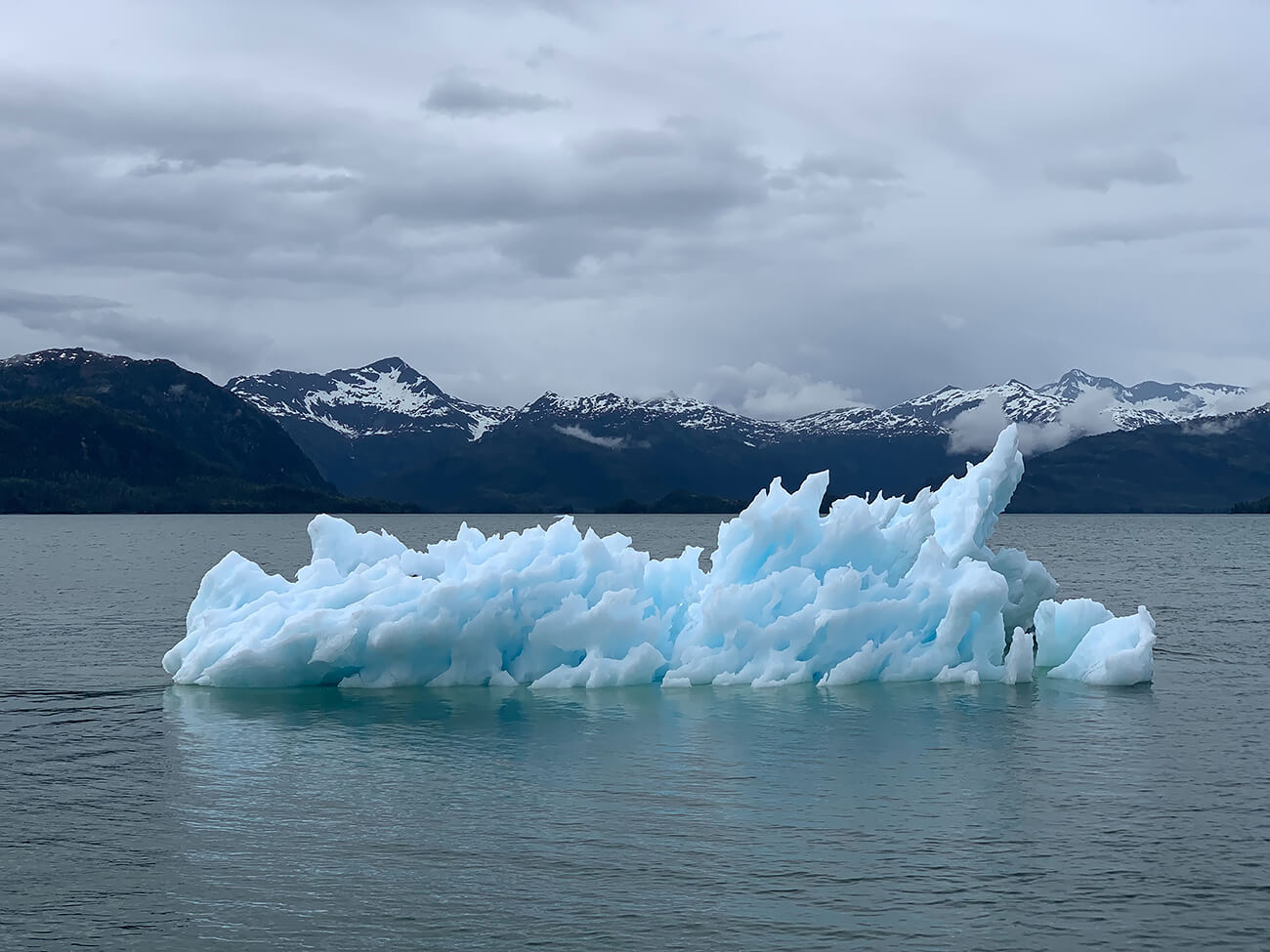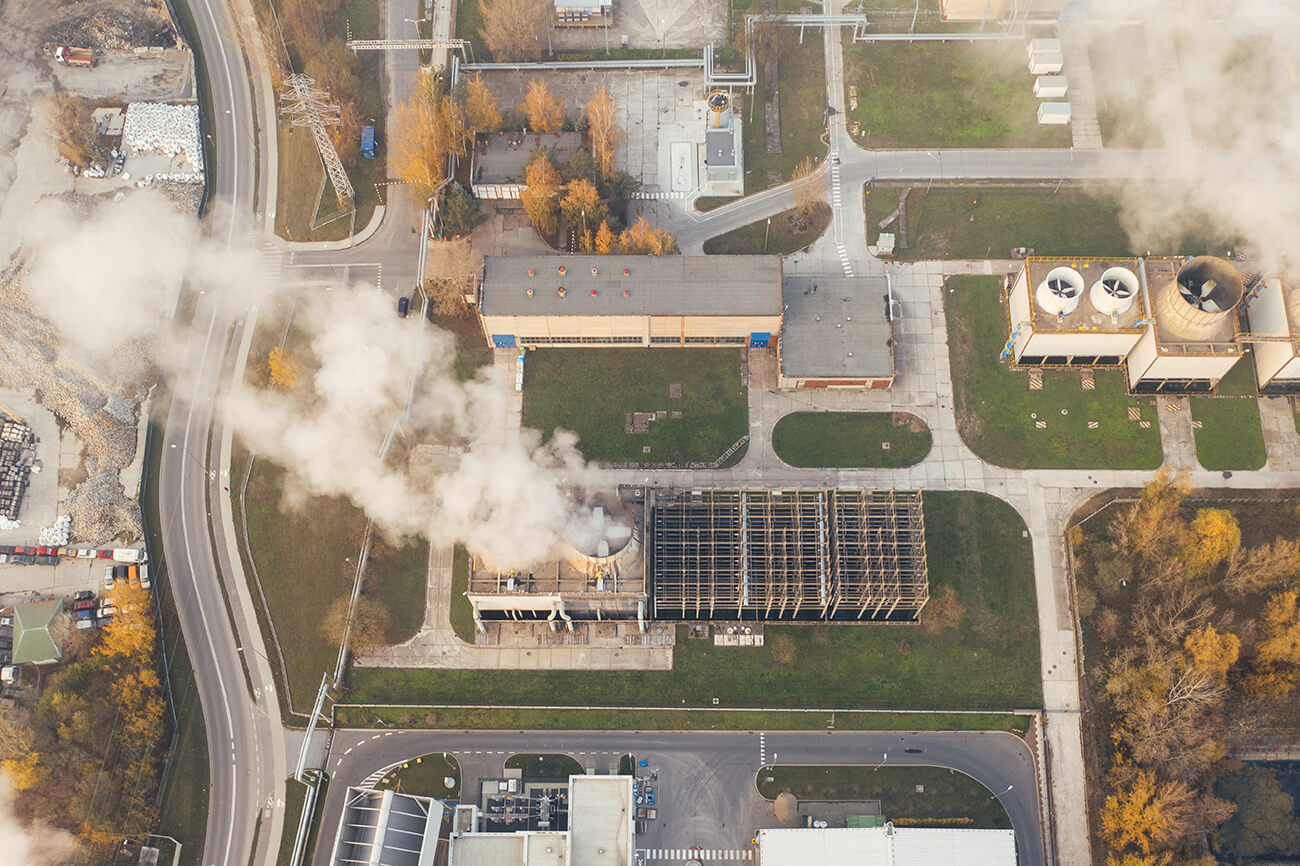The magnificence of nature has always wowed humans. Just imagine the picturesque landscapes of dense forests or the subtle beauty of a single droplet on a leaf. I think we can all agree that nature offers an array of visuals that no other subject can.
But beyond aesthetics, environmental photography has a role in shaping our perceptions about the environment and the issues it faces. Through photography, many have come to understand, appreciate, and act upon the dire challenges our world encounters today.
But it is no easy feat: environmental photographers also have to dabble in portrait, landscape, and wildlife photography,
so exploring different photography niches is crucial. They have to really master their craft to catch the moment authentically and, subsequently, spark dialogue!

© Melissa Bradley, Unsplash
in an AI-ridden world is more important than ever - and that's where environmental photography comes in, showcasing the realities of this rock we inhabit.
The past century has witnessed rapid environmental degradation, from disappearing forests to melting ice caps. Pictures from NASA Earth Observatory have shown us real-time changes in our environment, demonstrating the impact of global warming on polar ice, for instance. These images challenge our conscience, igniting debates and discussions.
Environmental photographers have the challenging task of capturing these nuances in a frame, telling a story that words often cannot convey. Through their lens, they provide a visual testament to the changes our environment undergoes, driving home the urgency of the matter.
A single photo can change the world by sparking movements or even shaping policies.
How do photographers use environmental photography?
Environmental photography not only captures nature in its raw form but also showcases the interplay between human civilization and the natural world.
For example, it can highlight the contrast - the untouched beauty of landscapes against the glaring scars of deforestation, a pristine river against the backdrop of an industrial setup, or the sad eyes of an animal trapped in a zoo against its brethren running freely in the wild.
For photographers, teaming up with environmental protection programs can also be a chance to play a part in critical environmental research.
For example:
- Documenting the migratory patterns of monarch butterflies using successive photos
- Witnessing the recovery of a coral reef after a bleaching event through periodic imaging.
Types of environmental photography:
- Environmental Portraiture: Bridging the scene and the subject to show the impact of environmental issues on people
- Natural History: Highlighting environmental changes over time
- Marine Photography: Raising awareness about underwater threats and impacts of human activities

© Pexels, Orzan Constantin
Environmental photography's power isn't just in highlighting the challenges and consequences of human actions on the environment; it's also in celebrating the sheer beauty of the natural world.
Through their iconic images, some photographers have showcased the breathtaking beauty of our planet while also underscoring the importance of preserving these scenes for future generations.
These images compel viewers to appreciate and hopefully protect the world around them.
Examples:
Frans Lanting
Eye to Eye: This collection of intimate wildlife portraits is a reflection of Lanting's deep respect and connection with animals. The images are taken in such a way that they appear as if the animals are looking directly at the viewer.
Paul Nicklen
Born to Ice: This coffee-table collection presents visual tales from the polar regions, highlighting both the beauty and the plight of animals in these regions due to climate change.
Bringing Environmental Photography to the Masses
Platforms like Instagram have democratized photography, allowing professional and amateur photographers to showcase their work to a global audience. It's inspiring to see a rising trend where everyone can share poignant images of nature, thereby indirectly promoting environmental consciousness.
EverydayClimateChange
One of Delano's notable contributions to global awareness is his founding of the
EverydayClimateChange Instagram project. This collaborative project brings together photographers from all corners of the world to shed light on the effects of climate change through daily life imagery.
Through this platform, photographers share pictures depicting the often-unseen consequences of our changing environment, whether it's the loss of traditional ways of life, the impact on wildlife, or the challenges of changing weather patterns.
EverydayClimateChange serves as a daily reminder of the realities of climate change, making the abstract and often overwhelming topic of global warming tangible and relatable to everyday people.
Iconic Environmental Photographs That Changed the World
Environmental photography has been at the forefront of advocacy for nature and environmental conservation. Photographs like these do more than capture a moment; they encapsulate stories and ask for urgent calls for action.
As consumers of such content, the onus is on us to translate these stories into tangible actions to help our environment.
Here are a few iconic images that have stirred global consciousness:
Ansel Adams's work
Ansel Adam revolutionized the world of nature photography (think of Moon Over Hernandez). At a time when most hadn't treaded the landscapes in Yosemite and Yellowstone, Adams captured their majesty in monochrome film, ultimately aiding the preservation efforts for these breathtaking national parks.
Antonio-Aragón Renuncio - The Rising Tide Sons
This photograph showcases a child sleeping in the remnants of a home destroyed by coastal erosion in Ghana. This powerful image highlighted the pressing issue of rising sea levels in West Africa, shedding light on the immediate challenges inhabitants face and forcing many to rethink climate change's human toll.
The Burning Cuyahoga River
Photo Credit: A fire tug fights flames on the Cuyahoga River near downtown Cleveland, Ohio, where oil and other industrial wastes caught fire June 25, 1952. (AP)
In 1969, the Cuyahoga River in Ohio caught fire due to severe pollution from industrial waste. This wasn't the first time this river had caught fire, but this time, photos of the flaming river caught the nation's attention. These images played a significant role in estaclishing the Environmental Protection Agency (EPA) and the passage of the Clean Water Act.
The growing awareness culminated in April 1970 when 1,000 students rallied at the riverbank to commemorate the inaugural Earth Day. This movement painted the Cuyahoga River as the emblem of environmental disaster, marking the nation's collective awakening to industrial pollution's consequences.
Still life in oil by Daniel Beltra
Taken during the Deepwater Horizon oil spill in 2010, photographs depicting birds, particularly pelicans covered in thick black oil, became emblematic of the disaster.
The spill (lasting up to 87 days) is considered one of the biggest environmental disasters in U.S. history. These haunting images put a face on the wildlife impact of the spill, sparking outrage and concern about deep-sea drilling practices.
Starving Polar Bear - Paul Nicklen and Cristina Mittermeier
This heart-wrenching image features a gaunt polar bear, its ribcage visible, scavenging for food on barren land.
This image stirred global conversations about climate change, melting ice caps, and the direct threats posed to the wildlife that inhabits these regions. It was a stark reminder of the immediate impacts of global warming.
The Crying Girl - Chris Steele-Perkins
This image shows a young girl crying in the middle of a vast deforested area. The backdrop of stumps and barren land accentuates her sorrow.
An embodiment of nature's loss, this photograph was pivotal in highlighting the devastating effects of rampant deforestation, galvanizing movements for afforestation and sustainable wood sourcing.
Amaze by Cristina Mittermeier
This book blends captivating nature photography with themes of sustainable living and our bond with the environment, offering perspectives on materialism and the vital connection between land and sea.

© Pexels, Arthouse Studio-
Environmental photography does more than just please visually: it educates, informs, and provokes thought. It challenges the status. But most of all,
it motivates environmental engagement. In a world where environmental concerns are escalating, the lens of a camera becomes an essential tool that has the power to bring about change.
As we admire the beauty of these photographs, it's crucial to also reflect on the message. The responsibility doesn't just lie with the photographers but with every viewer. Every picture tells a story, and it's up to us to ensure it doesn't remain just a story but leads to substantial action.
To go further
Photography and Climate Change Awareness - Part 1
Photography and Climate Change Awareness - Part 2






